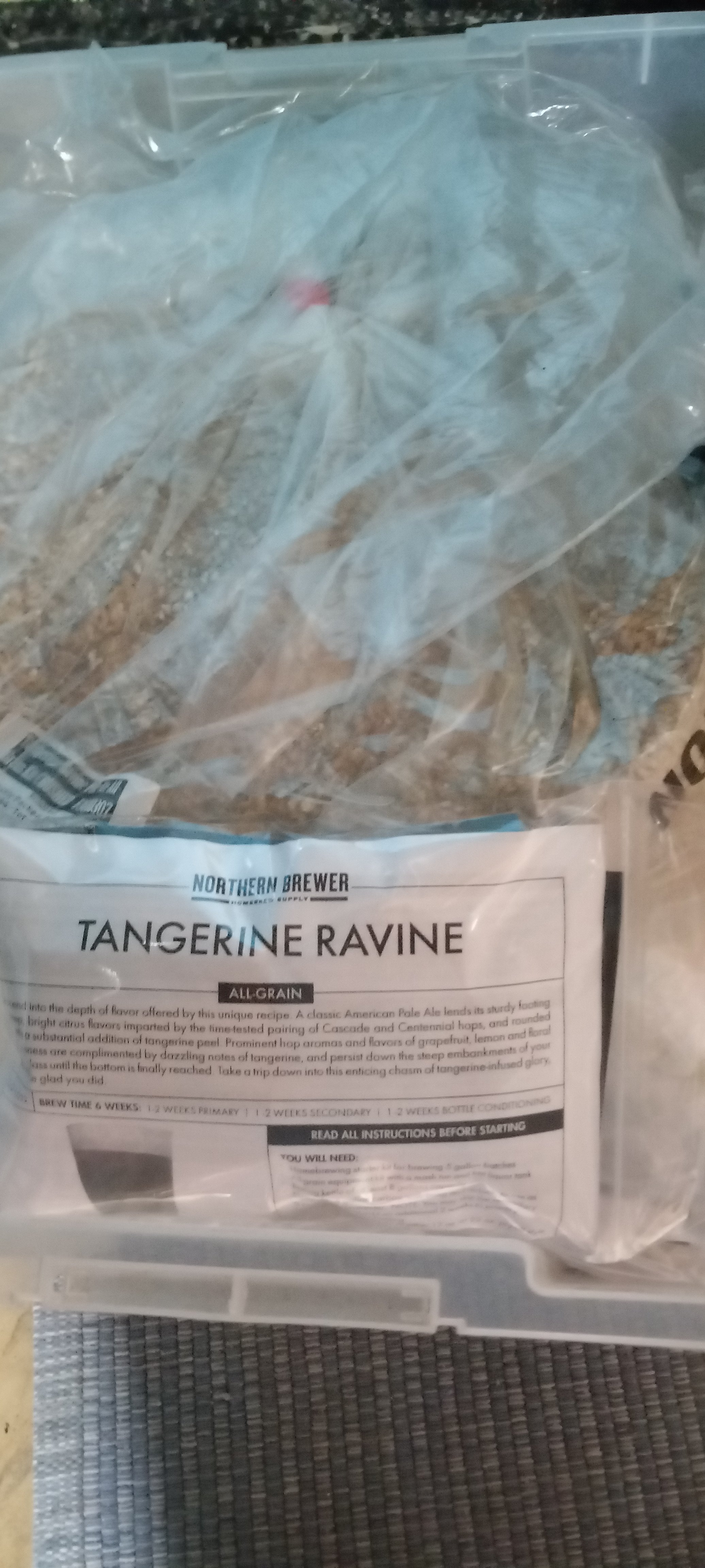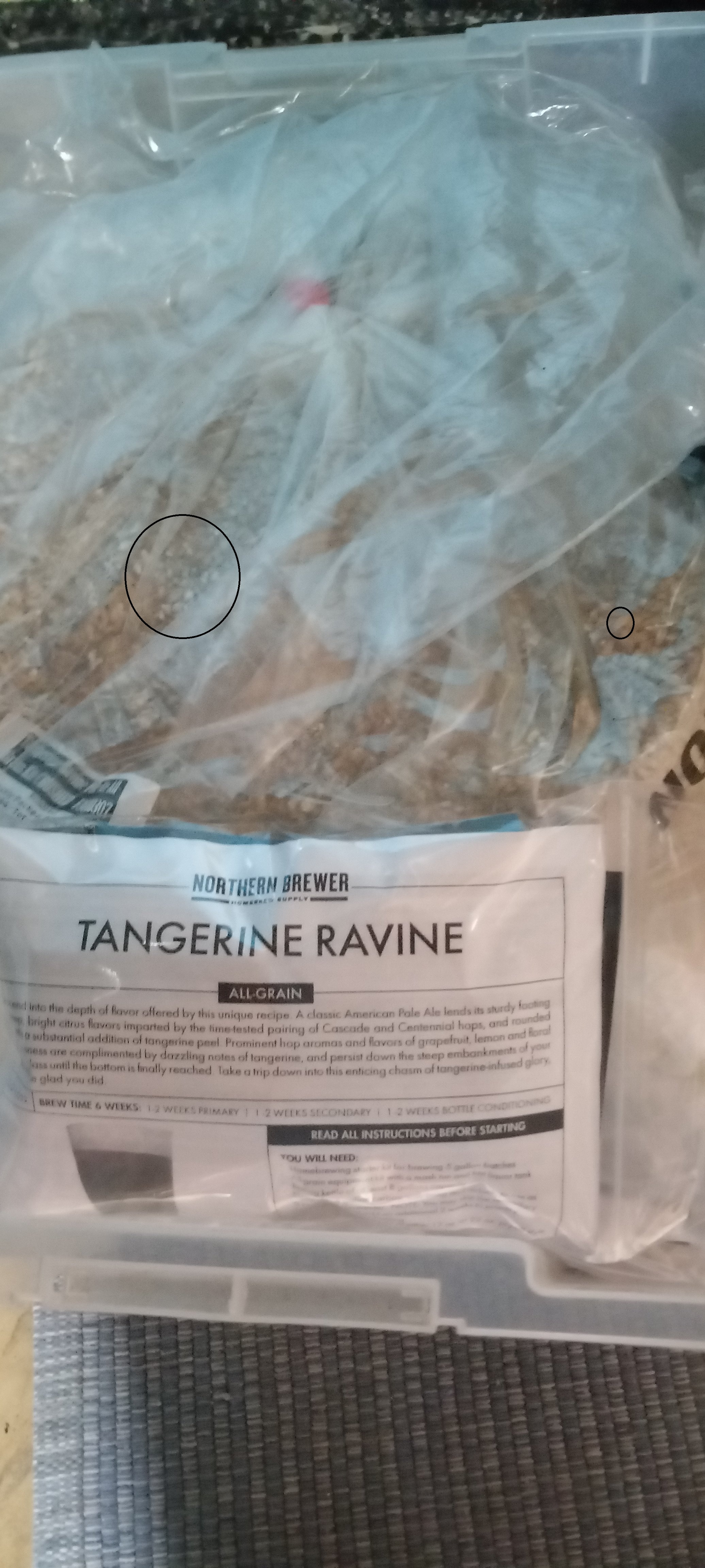mosquitocontrol
Well-Known Member
So I'm relatively new brewer (~6 months) on my 16th extract batch as we speak. I live in an apartment with maxed out storage space. I'm pretty confident with my brewing procedure and haven't had to dump a batch yet. So I guess you can say I've "mastered" extract brewing. I love all the beers I've done, although I'm sure they could improve by moving up the complexity ladder.
That being said, I don't plan on moving to all-grain for a year or two until I will be able to move outside, have more space, or have more time. I've read the post on apartment all-grain so I know it can be done.. but I'm trying to keep the peace in the house.
I don't have the patience or time to order ingredients for recipes so I've been buying extract kits from AHS. What I'm wondering is if there are any advantages to moving up to partial mash. I know it gives flexibilities in creating recipes, but I buy the kit. Kits for extract and partial mash are the same price also.
So are there any taste advantages to moving to partial mash? Any other reasons I could consider the switch? How much extra time is involved for brew day? As typically, with setup and cleanup I am already pushing 3-4 hours.
That being said, I don't plan on moving to all-grain for a year or two until I will be able to move outside, have more space, or have more time. I've read the post on apartment all-grain so I know it can be done.. but I'm trying to keep the peace in the house.
I don't have the patience or time to order ingredients for recipes so I've been buying extract kits from AHS. What I'm wondering is if there are any advantages to moving up to partial mash. I know it gives flexibilities in creating recipes, but I buy the kit. Kits for extract and partial mash are the same price also.
So are there any taste advantages to moving to partial mash? Any other reasons I could consider the switch? How much extra time is involved for brew day? As typically, with setup and cleanup I am already pushing 3-4 hours.













































![Craft A Brew - Safale BE-256 Yeast - Fermentis - Belgian Ale Dry Yeast - For Belgian & Strong Ales - Ingredients for Home Brewing - Beer Making Supplies - [3 Pack]](https://m.media-amazon.com/images/I/51bcKEwQmWL._SL500_.jpg)














